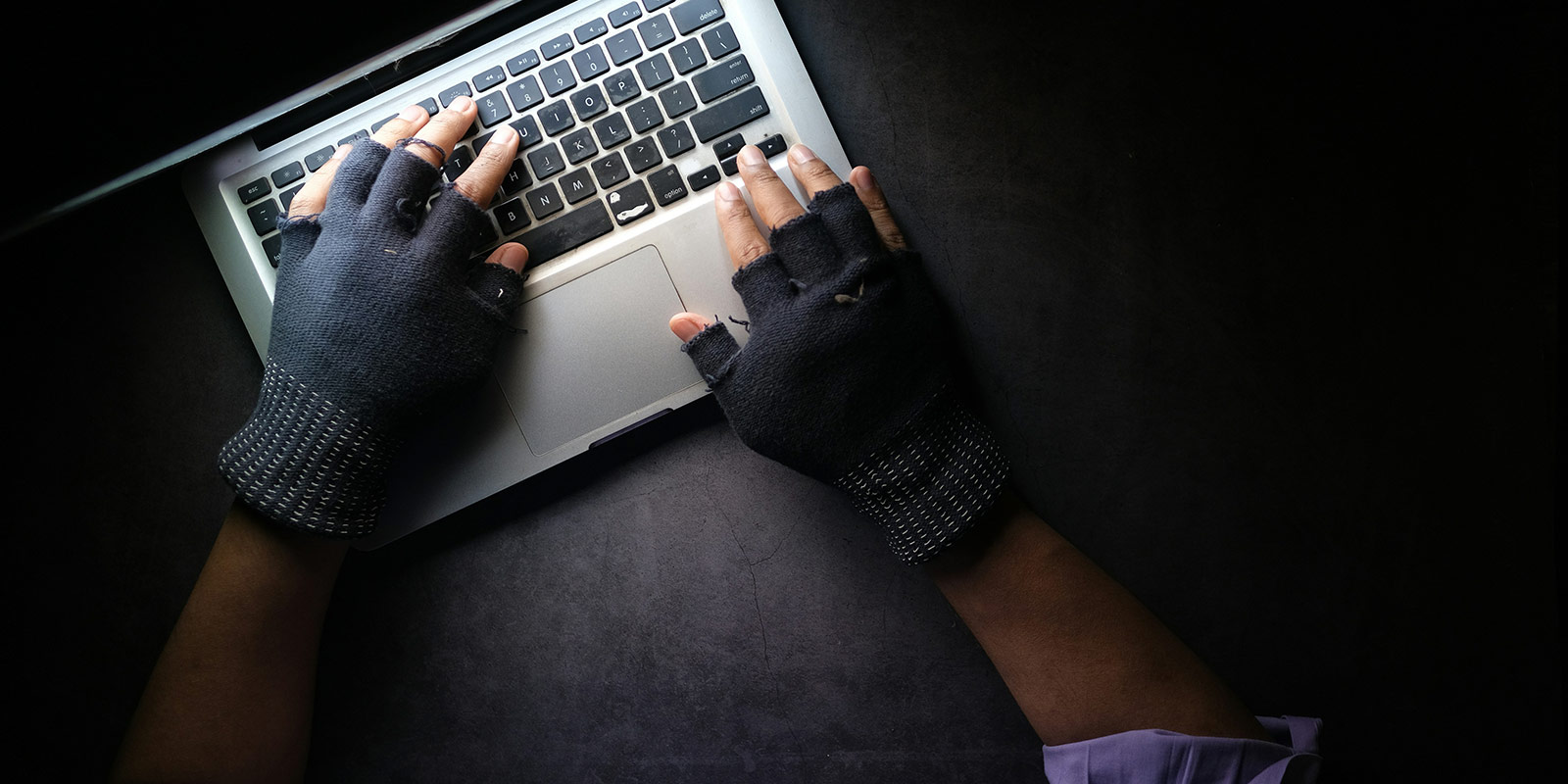Are VPNs Legal in Your Country?
VPNs are generally legal worldwide, but some countries have restrictions or bans in place

VPNs are generally legal worldwide, but specific regulations vary. The legality depends significantly on the country you are in. Here’s a concise look at VPN legality in various regions:
Countries with VPN Restrictions or Bans:
- China Only government-approved VPNs are allowed. Unauthorized VPN use can result in fines.
- Russia Only government-approved VPNs are allowed to prevent extremist content.
- Iran Only government-approved VPNs are allowed, with potential jail time for unauthorized use.
- United Arab Emirates Restricted for individuals; heavy fines for unauthorized use.
- Oman Only government-approved VPNs are allowed, with fines for unauthorized use.
- Turkey Restricted use; some VPNs can bypass the block.
- Iraq Fully banned to prevent ISIS activities.
- Turkmenistan Fully banned to censor foreign media.
- Belarus Fully banned to prevent bypassing government restrictions.
Countries Where VPNs Are Legal:
In most countries, VPNs are completely legal to use. Here are some notable mentions:
- United States VPNs are legal. They are often used for privacy and security.
- Canada VPNs are legal and commonly used for similar purposes as in the US.
- United Kingdom VPNs are legal. They are popular for protecting online privacy.
- Germany VPNs are legal. Many use them to bypass geo-restrictions and for privacy.
- France VPNs are legal and widely used to secure internet connections.
- Japan VPNs are legal. They are used to enhance online privacy and security.
- Australia VPNs are legal and frequently used for privacy and bypassing geo-blocks.
- India VPNs are legal, though the government has mandated data logging by providers.
- Brazil VPNs are legal. They are used to maintain privacy and access restricted content.


